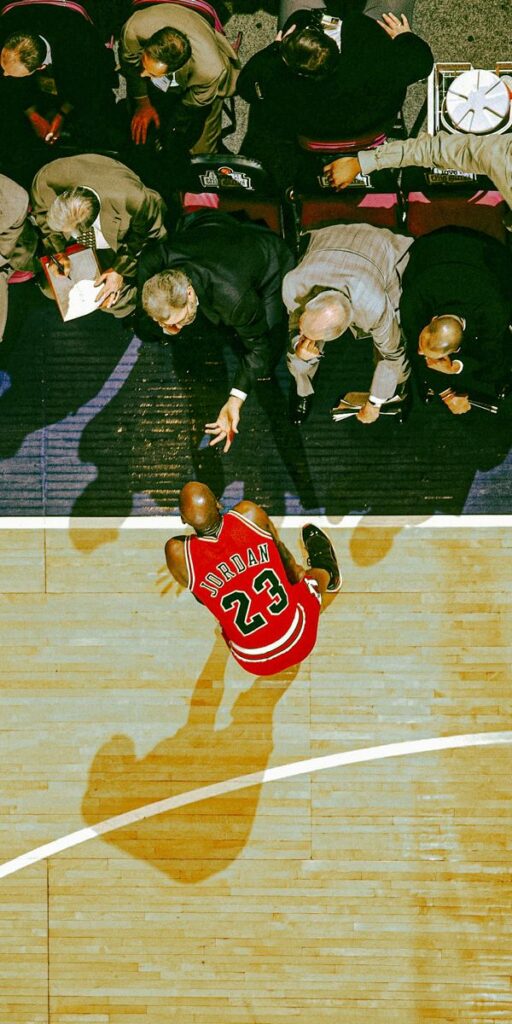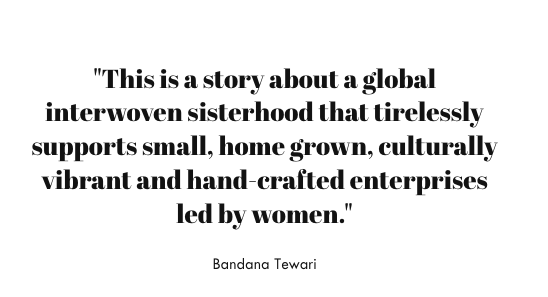3 business podcasts you need to listen to
Hi everyone,
During the new Year, you might’ve been very motivated to start the new year with new challenges and goals. Personally, January felt like 3 months in one, so I’m glad we got that month out of the way. I honestly can’t wait for Spring and eventually Summer to arrive. But I also know that my future self would thank me if I prepared for that period. I need to do my best right now to look back and be proud of all that I have accomplished so far. Therefore, I need extra motivation now to prepare and grow in my career. If you experience the same, then I might have the solution for you!
Below you can find the best business podcasts I listened to so far. Would you like to listen to these podcasts? Find the link below!
Tim Grover the man who coached Micheal Jordan and Kobe Bryant
Tim Grover was very interested in how the human body works and performs. His passion also lay in Sports. As a result, he combined the two and started personal coaching. After a while, Michael Jordan started recognizing him and wanted to work with him. He calls himself a performance coach, and I love that term because it goes further than just sports and mentions how you can best perform with mental fitness.
Irene Agbontean created space in the retail world for taller women
This podcast from Grace Beverley with Irene Agbontean is so good! Irene organically created a name for herself within her community and as a result, was asked to do lots of projects for interesting brands. Next to that, she worked in e-commerce. During photoshoots, she realized that there weren’t any clothes that fit tall girls. As she experienced this frustration herself, she just decided to start a clothing brand called TTYA.
Daniel Priestley teaches us how to test your business idea
I first got introduced to Daniel Priestley during the podcast from the Diary of a CEO (he now has a new interview on their channel!). During this podcast, he discusses different ways to test your business idea before you even invest financially. So many people (me included) can get caught up in planning the perfect product or service to bring to market. But what if people don’t need or want that product? Or in a different way? This podcast is very practical but also motivating.
Source Image: Pinterest
3 business podcasts you need to listen to Read More »














